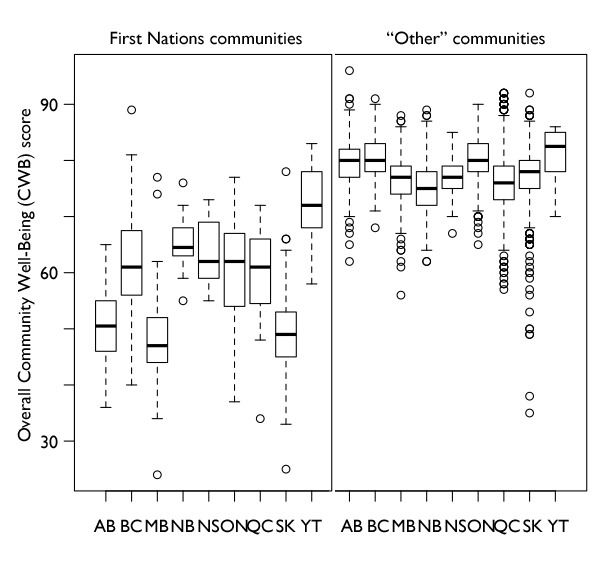Rather in keeping with the sentiments expressed in today’s Quote of the Day post, Emma Griffin explains why the workers generally thought of the industrial revolution as a very good thing indeed:
Writers and academics often show an interesting ambivalence about industrialization. Today, they regard it as a blessing, the single-most-effective way to lift people out of poverty. But in thinking about Britain’s Industrial Revolution, they have tended to reach the opposite conclusion: The rise of the factory, they argue, caused the end of more “natural” working hours, introduced more exploitative employment patterns and dehumanized the experience of labor. It robbed workers of their autonomy and dignity.
Yet if we turn to the writing of laborers themselves, we find that they didn’t share the historians’ gloomy assessment. Starting in the early 19th century, working people in Britain began to write autobiographies and memoirs in ever greater numbers. Men (and occasionally women) who worked in factories and mines, as shoemakers and carpenters, and on the land, penned their stories, and inevitably touched on the large part of their life devoted to labor. In the process, they produced a remarkable account of the Industrial Revolution from the perspective of those who felt its effects firsthand — one that looks very different from the standard historical narrative.
[. . .]
Higher levels of employment also helped change the balance of power between master and laborer. So long as jobs remained scarce, workers, by necessity, obeyed their employers. The price of dissent or disobedience was unemployment. With more jobs, such subservience became less and less necessary. In the booming new industrial towns, workers could, and did, walk out on employers over relatively minor matters, confident that finding more work wouldn’t be difficult. One autobiographer left his position simply because he “grew sick” of the work; another because he didn’t want to “beg pardon” after a falling out with his master; another objected to wasting his precious Sunday mornings at his master’s religious services; and another quit when his master refused to let him take his tea breaks off the premises. All working relationships are defined by a disparity in power between master and servant. But that inequality is rendered more palatable if we’re well remunerated for our services and can leave at will.
The way in which working people described the upheavals of this period provides us with a powerful reminder of the transformative effect of industrialization and of its capacity to improve living standards, even for the poor. Generations of historians have dwelled on the loss of old working patterns and presumed that the introduction of more intensive ones was detrimental to workers’ welfare. But these developments weren’t viewed in such a sinister light at the time. Industrialization promised full employment, and for those used to scraping together a living from the land, this was very good news indeed.




